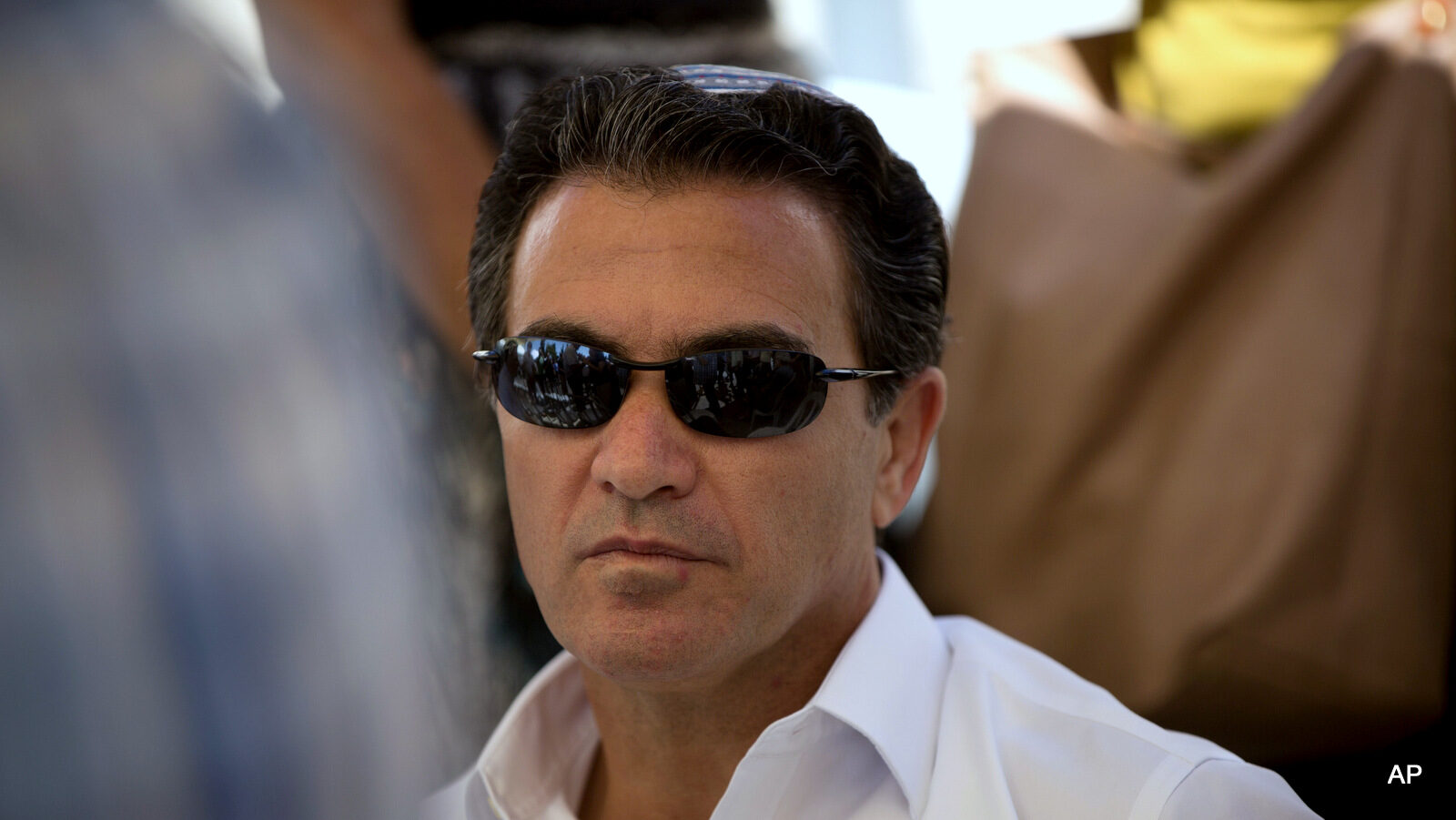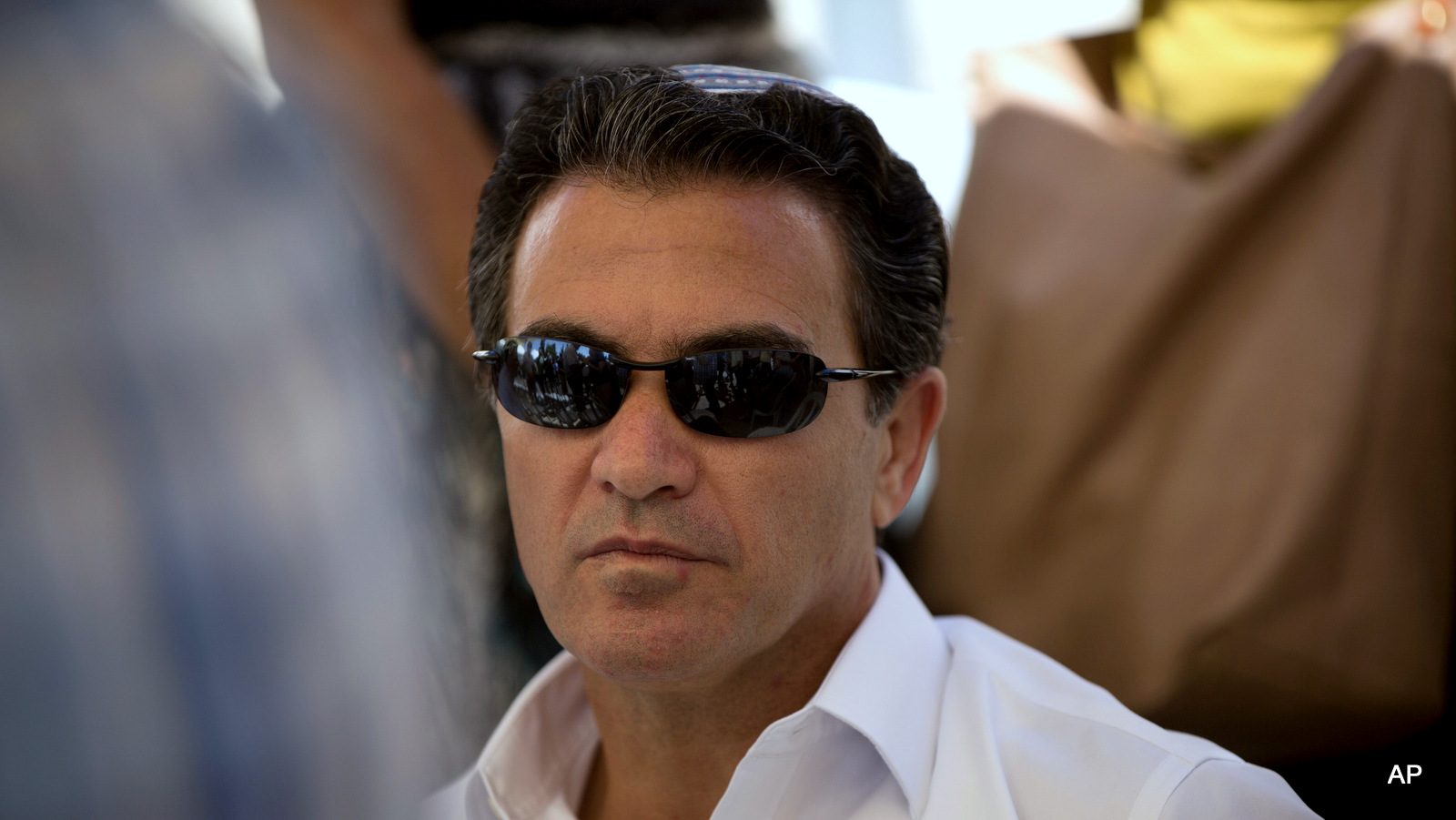
S
EATTLE — (Analysis) Omar Nayef Zayed signed his death warrant in an Israeli courtroom in 1986. That’s when he and two young Palestinian accomplices pleaded guilty to the murder of Eliyahu Amedi.
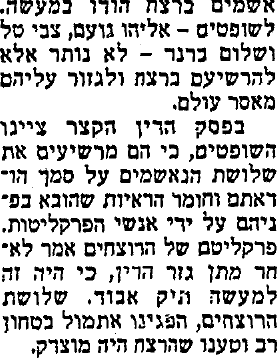
During a period when Israeli Orthodox schools, known as yeshivot in Hebrew, were moving into East Jerusalem’s Muslim Quarter and provoking violence against Palestinian residents, Zayed plotted an attack against them in retaliation. He organized a cell which traveled from their home in the West Bank village of Jenin, to the city. When they came upon Amedi, a yeshivot student, they stabbed him multiple times and killed him. They were apprehended a few hours later near the Church of the Holy Sepulcher.
Speaking for himself and his two young Palestinian accomplices at a trial lasting all of five minutes, Zayed said:
“We don’t regret, nor do I apologize for killing him [Amedi]. This was done in the context of the struggle for the liberation of Palestine.”
From that day forward, Israel’s intelligence agency, the Mossad, vowed to exact vengeance for the murder of Amedi. One agent, Yossi Cohen, took a particular interest in the case, and he waited 25 years for his revenge against Zayed.
That revenge came on the morning on Feb. 26, when Zayed’s blood-soaked body was found in the garden of the Palestinian embassy in Sofia, Bulgaria.
Where the story began
In 1986, the yeshivot of East Jerusalem were just beginning their encroachment on the native Palestinian population. Over the intervening 30 years, this process of ethnic cleansing has proceeded apace with wholesale expulsions of Palestinian families from homes they’d occupied for decades, if not generations. But in 1986, this process was in its infancy. Israel uses multiple methods to expel East Jerusalem Palestinians including revoking residency permits, fraudulent assertion of title to homes occupied by Palestinians, and denying building permits only to Palestinians seeking to build homes.
Watch “The Empire Files: How Palestine Became Colonized:”
To protest the yeshivot infiltrating what had been Palestinian neighborhoods, Omar Nayef Zayed and two other young Palestinians affiliated with the Popular Front for the Liberation of Palestine (PFLP) from Jenin decided to take their revenge. They traveled to East Jerusalem, where they hoped to make their names as heroes for the popular resistance. There, they found Eliyahu Amedi, a young student from one of the most violent and militant yeshivot. They attacked him, stabbing him 14 times.
Just after the murder, Teddy Kollek, then-mayor of Jerusalem, made clear what motivated the killers:
“The feeling of being encroached upon that the Arabs have by this permanent advance, mainly through the yeshivot, is creating part of the tension. … I am not talking about rights. We (Jews) have the right to the entire city, and we have the right to our country. I’m speaking about the wisdom of certain actions.”
A spokeswoman for the mayor later clarified: “The private Jewish families get along fine with the Arab community. … It’s the yeshivot that are creating the problems, not the families.”
On Nov. 19, 1986, Jonathan Broder reported for the Chicago Tribune:
“Over the last seven years, half a dozen yeshivot and 200 private Jewish families have quietly moved into the Moslem Quarter, living among its 17,000 Arabs in buildings that they say were owned by Jews before the 1948-1967 period of Jordanian rule. …
One Hassidic seminary in particular, the Shuvu Banim Yeshiva, has developed a reputation among Arab residents and municipal authorities as a fountainhead of friction. Made up of 70 born-again Orthodox Jews, many of them former criminals, the yeshiva has repeatedly been at the center of violent brawls between students and Arabs since it opened in 1982.
During one disturbance in 1983, Shuvu Banim students hurled heavy boulders on Arabs living in the houses and courtyards below, killing an elderly Moslem woman.
Since then, Arab neighbors charge, yeshiva students have tried to force them to sell their houses, harassing the Moslems incessantly in an effort to make them leave.
Amedi was a student at Shuvu Banim.”
Yossi Cohen is an Orthodox Jew who was educated in the same sort of yeshiva attended by Amedi. The former’s school, Yeshivat Or Etzion, was founded by Rabbi Haim Druckman, one of the earliest and most extreme of the settler rabbis. The horror a former yeshiva student would feel at the brutal murder of a fellow student should not be discounted as potential motivator for killing Zayed.
Israel captured the three suspects a few hours after the killing and brought them to trial. After they confessed, they were sentenced to life in prison. Two of them were released with the Gilad Shalit prisoner exchange in 2011 after serving over a quarter-century in jail.
But Omar Nayef Zayed wasn’t one of them.
From an Israeli prison to his own business in Bulgaria
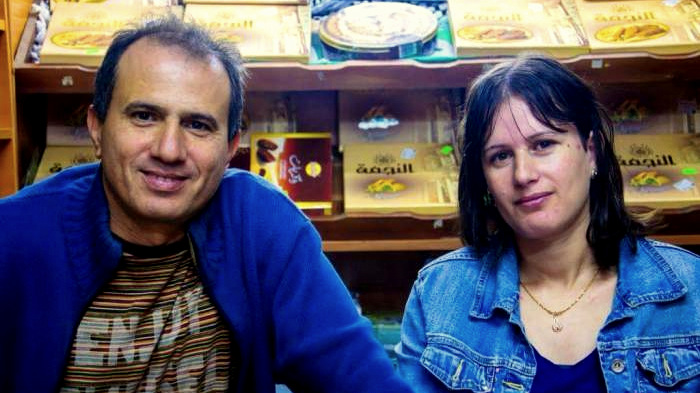
By 2011, Zayed had already been out of the Israeli prison system for nearly two decades.
Amid a 40-day hunger strike in 1990, Zayed was transferred to a Bethlehem hospital when his health began to deteriorate. He was able to escape the hospital ward and eventually fled to neighboring Arab countries, where he lived for four years. In 1994, he arrived in Bulgaria, where he renounced any involvement in Palestinian politics or resistance. He opened a small Middle Eastern grocery in Sofia, became a leader in the local Palestinian community, and married a Bulgarian woman with whom he had three children.
But those who know the Mossad’s reputation, understand that its memory is long and its ways of exacting retribution many. That’s where Yossi Cohen enters the picture. According to his Hebrew Wikipedia article and Tamer al-Meshal, an Al-Jazeera correspondent who is planning a segment on Zayed’s murder to air in November, Cohen was responsible for Mossad’s European theater of operations in the 1990s. As such, Cohen took a personal interest in a Palestinian terrorist who escaped punishment and found safe haven within his bailiwick.
Cohen had to wait until 2016 to exact retribution. In August 2015, he became Mossad chief designate (he assumed office the following January). By December, Bulgarian officials had informed Zayed that Israel had filed a request for his extradition. That’s when Zayed disappeared. On Jan. 6, Cohen became head of the Mossad. The week before, Zayed sought refuge at the Palestinian embassy in Sofia. The ambassador was not a willing host and demanded that he leave, which Zayed refused to do.
Palestinian activists began an international campaign seeking to protect Zayed from both Israeli retribution and Palestinian betrayal.
Bulgarian-Israeli-Palestinian collusion in Zayed’s death?
The Palestinian Embassy in Bulgaria
In February, just ahead of Zayed’s death, Bulgarian Prime Minister Boyko Borisov traveled to Israel to meet with Israeli Prime Minister Benjamin Netanyahu and President Reuven Rivlin. They discussed Zayed’s case, and Borisov reiterated his determination to respect international law in the matter (i.e., to respect the territorial sovereignty of the Palestinian embassy). On Feb. 26, Ynet reported that Borisov said that both Palestinian and Israeli authorities brought up the topic of Zayed’s extradition in meetings. The outlet also quoted him as telling reporters:
“I told both sides that Bulgaria respects the rule of law and will follow the legal procedures in the case.”
What the public statement likely concealed was a side deal between the two parties: Bulgaria would uphold international law publicly, while privately giving a green light to Israel to either kidnap Zayed and return him to Israel or assassinate him.
It is hard to imagine that any nation’s political leader would even tacitly permit a foreign country’s intelligence service to assassinate someone on its own territory. But then again, it’s not that difficult when you consider Bulgaria is one of the most corrupt states in Europe and that virtually anything and anyone there is for sale.
In the course of running a country, though, what might be called corruption in a private setting is called trade policy on the public stage. It’s likely no coincidence that Israel offered trade and energy goodies too good for a poor country like Bulgaria to pass up following the meetings of the heads of state.
This offer could have been made in exchange Bulgaria agreeing to allow Israeli forces to “handle” Zayed on Bulgarian soil. Of course, it’s possible that Bulgaria agreed only to Zayed’s kidnapping and return to Israel to face punishment for his earlier crime.
What happened in the Palestinian embassy in Sofia on the night of Feb. 26 in the hours leading up to the murder is not totally clear.
On March 1, Megan Hanna reported for MintPress News:
“Zayed’s brother, Ahmad, spoke to al-Quds news channel, and claimed that nothing was amiss when he spoke to Zayed on the phone Thursday evening. However, early Friday morning he was notified by the embassy of his brother’s death.”
And if it was, indeed, a murder, as so many allege and as the circumstances surrounding his death suggest, how did the murderers succeed in getting into the embassy? Why was there no security presence? There are enough questions to raise suspicion of potential collusion between the Mossad, Bulgarian security services, and Palestinian embassy personnel.
The Mossad’s long history of kidnapping and assassination abroad
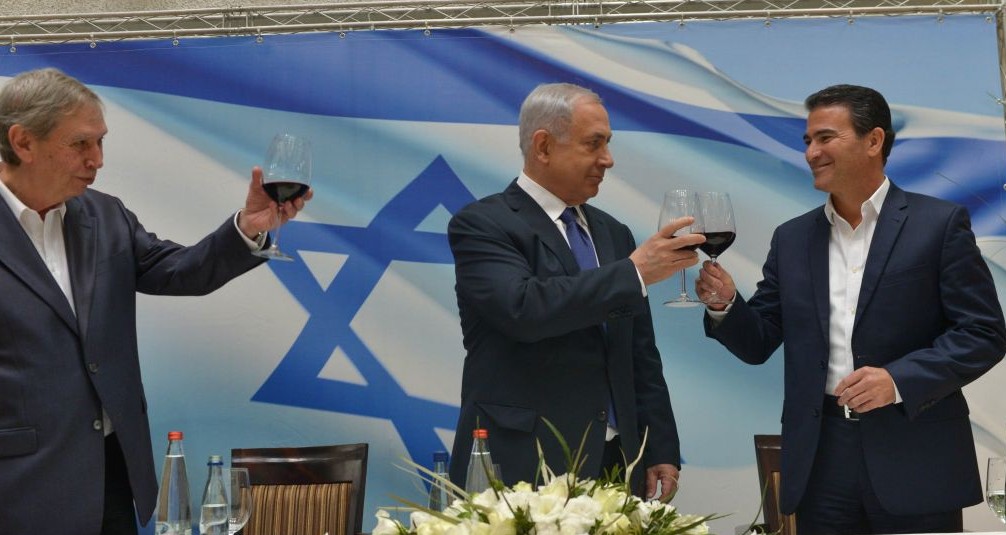
This is how Dirar Abu Sisi, a civil engineer from Gaza, was kidnapped by a Mossad operative in Ukraine in 2011 with the cooperation of senior members of that country’s intelligence services (a story I was the first journalist to report). The Mossad had been falsely informed by Hamas disinformation that Abu Sisi played a key role in kidnapping and hiding Gilad Shalit, an Israeli soldier captured in a cross-border raid by Gaza militants and held captive for five years. Despite the fact that Abu Sisi had fled Gaza to Ukraine in 2011 and sought asylum there, the Mossad orchestrated a complex scheme which brought him back to Israel.
Once Abu Sisi was in Israel, it became clear that he knew nothing about Shalit. So the security apparatus invented a conspiracy in which Abu Sisi was Hamas’ chief rocket engineer (this supposedly explained why the agency went to such trouble to kidnap him). After four years in which he was severely mistreated and refused to negotiate a plea deal, he finally agreed to a plea in which he would serve 20 years in prison.
In the months following his extraordinary rendition, Mykola Azarov, then-prime minister of Ukraine, traveled to Israel, which showered trade and tourism deals upon him in return for the state’s collaboration in the capture of the Palestinian engineer (though the quid pro quo was never explicitly mentioned).
Bulgarian authorities immediately determined that Omar Nayef Zayed died as a result of violence. He was also reportedly drugged, and had apparently fallen several stories from a balcony. Al-Jazeera’s Tamer al-Meshal said that Zayed survived the fall. If that is true, his attackers appear to have finished him off and fled.
Bulgarian authorities immediately opened an investigation into the incident. But nothing has come of it to date, and Bulgarian police and other authorities related to the investigation have rarely mentioned the case. Without Bulgarian pressure, there’s no reason for Israel say anything about the attack–even to deny accusations that it was involved.
However, Israel did issue a statement after the incident. Israeli state radio reported:
“Israel isn’t responding to the Palestinian claim that the Mossad killed the wanted man from the Popular Front who gained refuge in the Palestinian embassy in Sofia. … However, a security source told Kol Yisrael it has no interest in targeting an old terrorist especially if it involves a great outlay of resources or endangering [agents]. He also noted that the first impression was that the killing wasn’t even very professionally executed.”
The inference drawn from this is that Zayed’s killing did not involve “a great outlay of resources or endangering” of agents.
And, as Joe Catron, a MintPress contributor who also works with Samidoun Palestinian Prisoner Solidarity Network, told Megan Hanna:
“Israeli media have been the first to report explicitly that Omar was ‘assassinated.’ This comes as no surprise. They’re simply the most knowledgeable and honest about the workings of their government and its intelligence agencies.”
Israel’s Channel 1 military correspondent said: “Justice was done, even if late.” Israel HaYom’s blaring headline on Feb. 28 called it “a mysterious assassination,” rather than “murder.” Writing in Maariv, veteran security correspondent Yossi Melman all but said it was a Mossad killing. He noted that “the account was closed after thirty years.” This media consistency indicates that Israeli security sources wanted it known that they’d eliminated Zayed, even if they didn’t wish to take credit explicitly.
This is reminiscent of the assassination of Hamas weapons dealer Mahmoud al-Mabhouh in Dubai in 2010. Twenty-seven Mossad agents conspired to track, target and eliminate al-Mabhouh by drugging him in his hotel room with a chemical that caused symptoms which mimic a heart attack.
Similarly, in Amman in 1997, two Mossad assassins injected Khaled Meshaal with a poison which nearly killed him. Only the apprehension of the two agents by Jordanian police forced then-Prime Minister Netanyahu to offer Jordan’s king an antidote which saved Meshaal’s life.
Al-Jazeera’s Tamer al-Meshal told me that Zayed’s killers also used drugs to incapacitate him. It’s no secret that Israel has one of the most advanced chemical and biological weapons programs in the Middle East, if not the world, based at its Israel Institute for Biological Research.
‘Ask Assaf Yariv what happened to Zayed’
When an Israeli security source agreed speak to me about the case, he refused to comment directly. But he did add a telling statement, joking: “Ask Assaf Yariv what happened to Zayed.” Yariv is a senior official in the Shin Bet, Israel’s domestic security agency. In fact, he was one of two finalists for the job of chief of the domestic intelligence agency. Two weeks before Zayed’s death in Sofia, I reported on my blog:
“According to a confidential Israeli security source he is Assaf Yariv, who was the agency’s regional chief in Jerusalem and the West Bank. Since then he has been ‘lent’ to the Mossad for [unspecified] counter-terrorism missions.”
This is significant because the Shin Bet is responsible for all operations against Palestinian militants based in Gaza and the West Bank. So, the agency had played a key role in apprehending the terror cell responsible for the 1986 murder that Zayed and two others confessed to.
When Zayed fled to Europe, he became the responsibility of the Mossad. However, in order to track him down and bring him to justice, the latter required the expertise and intelligence capabilities of the Shin Bet. This is likely one of the main reasons Yariv was lent to the Mossad.
Mossad assassinations in European capitals
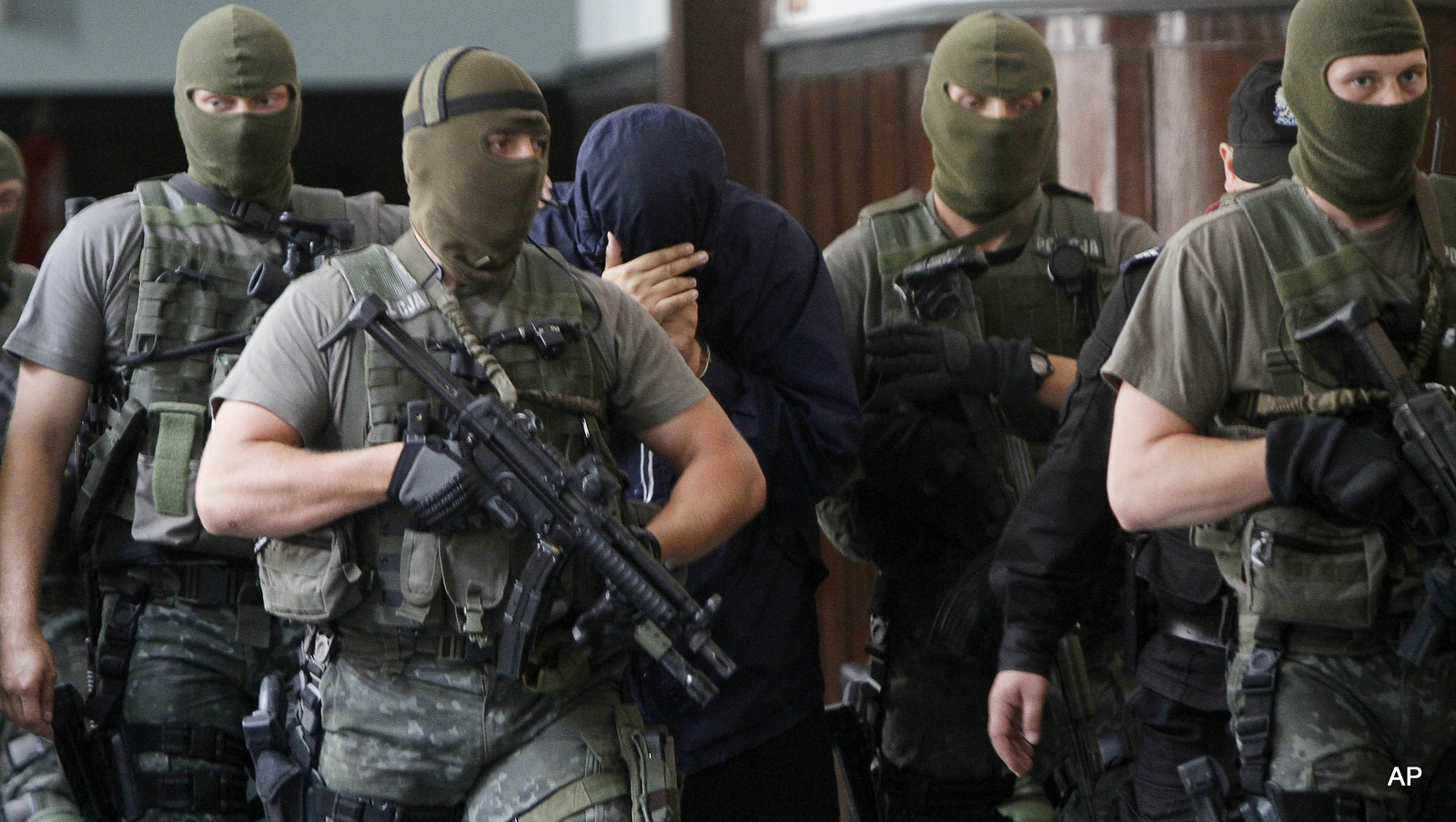
While the Khaled Meshaal and Mahmoud al-Mabhouh killings happened in Middle Eastern capitals, the Mossad has a long tradition of assassination in Europe, as well.
In June 1992, Atef Bseiso, PLO intelligence chief, arranged to meet with his French counterparts to consult about the threat to European nations by the most prominent violent Palestinian terrorist, Abu Nidal.
On his first night in Paris, he dined with two colleagues before heading to his hotel. As he emerged from his car, he was attacked by a man and woman. Bseiso’s bodyguards interceded and wounded one of the assailants, but the Mossad assassins murdered both Bseiso and one of his guards.
Israel never took public credit for the killing. But French authorities and others were certain the Mossad was responsible. For a time, it disrupted cooperation between France and Israel. France’s intelligence chief was furious Israel would engage in such an egregious breach of territorial sovereignty. Writing for the Independent in February 2010, Donald Macintyre reported:
“Interestingly, as many – including Yasser Arafat – jumped to the correct conclusion that Mossad was responsible for Bseiso’s killing, the suggestion was denied as ‘totally ridiculous’ by the office of the then prime minister, Yitzhak Shamir, who had approved the operation. This did not convince the newly appointed head of French internal security, who, at a ‘courtesy’ meeting with Shavit a few months later, pounded the table as he told the Mossad chief: ‘We know you killed Bseiso. We’re still working on the proof. When it comes through, you’ll get what’s coming to you. In no way am I willing to allow you to turn Paris into your stage for acts of war and assassinations. We’re not going back to the early Seventies, when you did whatever the hell you wanted. I will not allow it to happen.’”
Israel intimated that Bseiso had been involved in the Munich massacre at the 1972 Olympics, as if to justify its killing. But such claims were never supported with proof or verified. It’s more likely that the Mossad wished to disrupt PLO intelligence operations, as Bseiso’s two predecessors in the job had also been murdered.
Further, then-Prime Minister Yitzhak Shamir was facing a national election shortly after the assassination. There are two ways Israeli political leaders burnish their reputations in the lead-up to elections: wars and assassinations of terrorists. The killing of Bseiso appeared to be politically useful to Shamir; the Israeli leader himself had ordered and participated in numerous assassinations as a member of the Israeli right-wing underground, most notably that of U.N. peace mediator Count Folke von Bernadotte in 1947.
Mossad: Creatures of habit
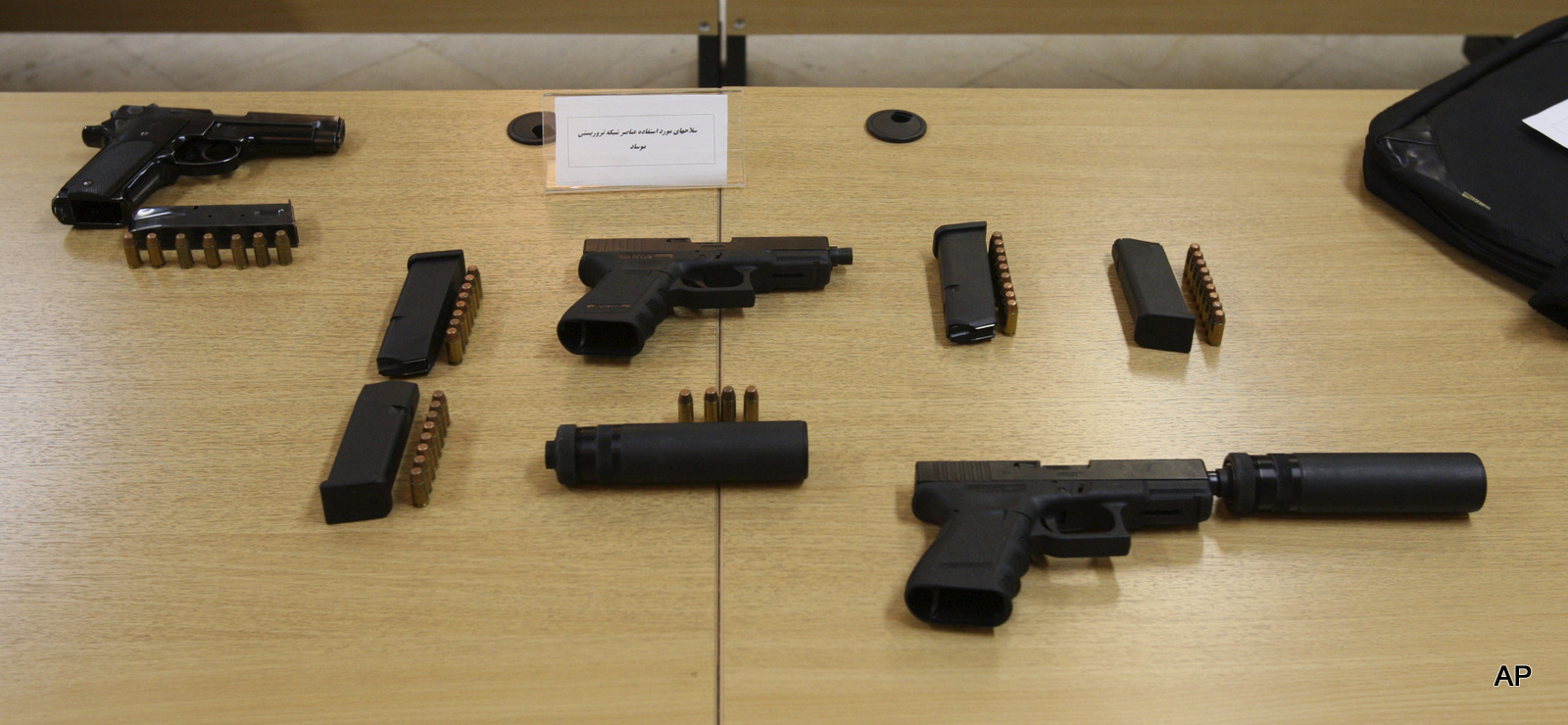
Though it has a reputation for brutality and vengeance that is renowned in the world, the Mossad is very much a creature of habit. The agency conducts its various operations in similar ways, using similar methods. Even if an operation is less than successful, the killers are often found repeating the same basic modus operandi.
The Mossad of 2016 which numerous sources allege–either implicitly or explicitly–killed Omar Nayef Zayed hasn’t changed much in its broad outlines from the Mossad of 1992 which killed Bseiso. It is this lack of innovative thinking and unwillingness to challenge accepted wisdom which led to some of its most spectacular failures, like the assassinations of Khaled Meshaal and Mahmoud al-Mabhouh, as well as an innocent Moroccan waiter murdered in Lillehammer, Norway.
Before Jonathan Pollard was exposed and convicted as an Israeli spy, that country’s leaders swore they would never spy on an ally. They swore the same after he was caught. Yet Israel continues the same spy game it has always pursued here. After assassinations, when Mossad operatives are exposed and it comes out that they used forged or cloned foreign passports, the agency swears it will never again engage in such behavior. But it does. After such operations, Mossad station chiefs are expelled and the agency promises it will not do such things again. And then it does. Plus ca change, plus la meme chose.
Further, Mossad operations are often based as much on personal vendettas, petty jealousies, and professional slights as they are on sound judgment. There doesn’t appear to be any reason Omar Nayef Zayed was murdered except to add another a notch in Yossi Cohen’s belt. Zayed was no longer operational. He was no longer a Palestinian militant. He was a man who’d settled into an ordinary life in a European backwater. What was the point of murdering him and leaving three children fatherless? These are the sorts of decisions made by an agency fueled by hubris rather than sober reasoning.


